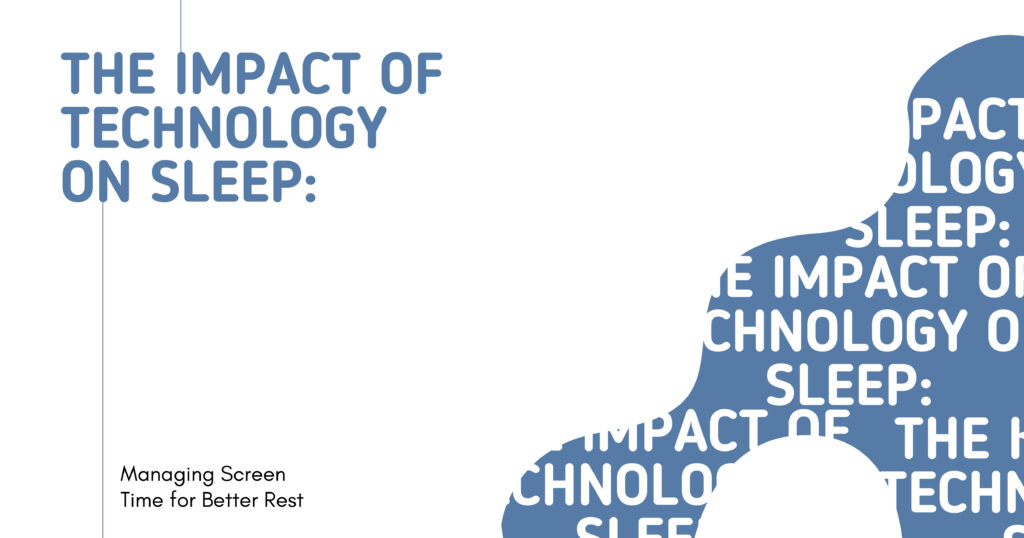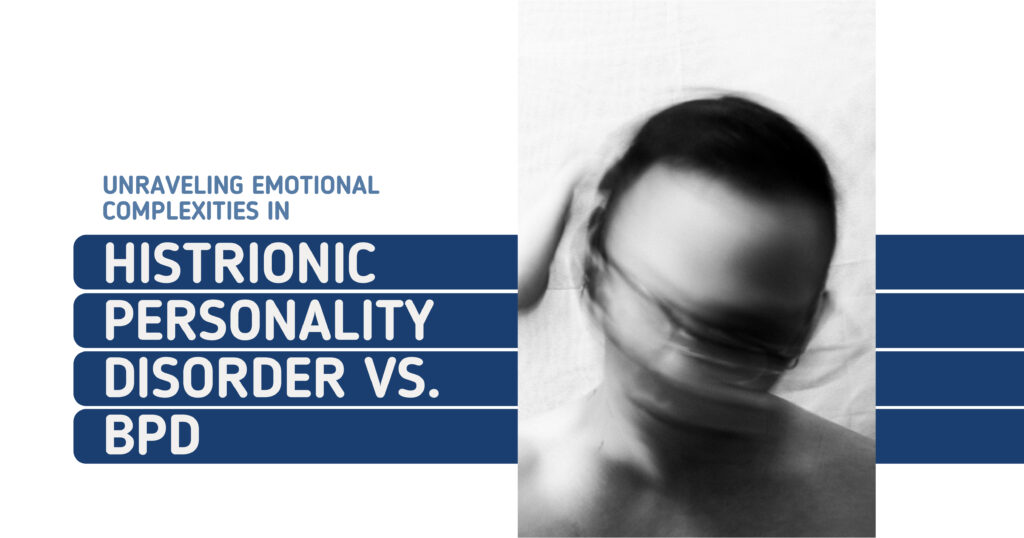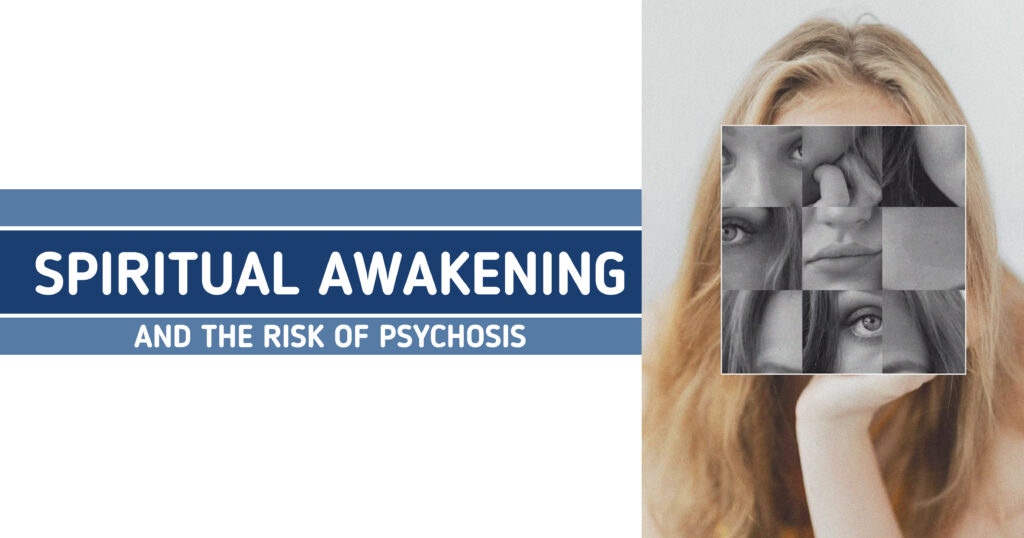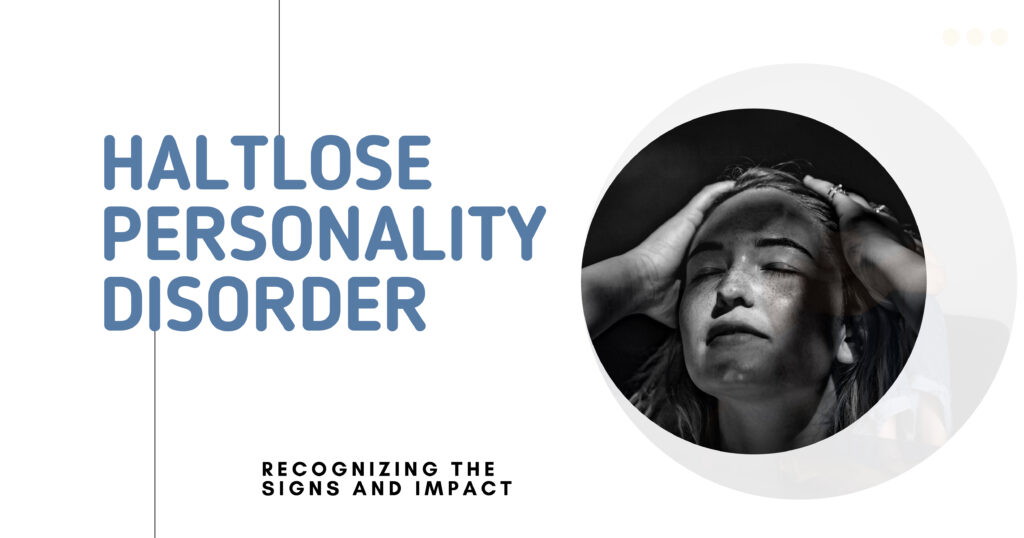In today’s digital age, technology is deeply integrated into our daily lives, from when we wake up to when we go to sleep. While technology offers numerous benefits, its impact on sleep is a growing concern.
This comprehensive guide explores how technology affects sleep, the science behind screen time and sleep quality, and practical strategies for managing screen time to achieve better rest.
Understanding the Connection Between Technology and Sleep
Technology, especially screens, can significantly impact our sleep patterns and overall sleep quality. To understand this impact, it is essential to explore how technology affects our sleep and the science behind it.
San Diego Mental Health
How Technology Affects Sleep
Blue Light Exposure: Screens emit blue light, which interferes with melatonin production, the hormone responsible for regulating sleep.
Increased Alertness: Engaging content on screens can stimulate the brain and make it harder to wind down for bed.
Disruption of Sleep Patterns: Technology use before bed can disrupt your circadian rhythm, the natural sleep-wake cycle.
The Science Behind Blue Light and Sleep
Melatonin Production: Blue light from screens inhibits melatonin production, making it difficult to fall asleep.
Circadian Rhythms: Exposure to blue light can shift your circadian rhythm, leading to delayed sleep onset and poorer sleep quality.
The Effects of Screen Time on Sleep Quality
Understanding the effects of screen time on sleep can help you identify potential issues and address them effectively.
Short-Term Effects of Excessive Screen Time
Difficulty Falling Asleep: Increased screen time before bed can lead to trouble falling asleep.
Poor Sleep Quality: You may experience fragmented sleep and reduced deep sleep.
Increased Nighttime Awakenings: Screens can lead to more frequent awakenings during the night.
Long-Term Effects of Excessive Screen Time
Chronic Insomnia: Persistent screen use before bed can contribute to long-term sleep problems.
Sleep Deprivation: Regular screen time issues can lead to chronic sleep deprivation.
Mental Health Issues: Poor sleep quality linked to technology use can contribute to anxiety and depression.
Practical Tips for Managing Screen Time for Better Sleep
Managing screen time effectively can significantly improve your sleep quality. Here are practical tips for reducing the impact of technology on your rest.
Establish a Screen-Free Bedtime Routine
Create a Relaxing Pre-Sleep Ritual:
- Read a Book: Opt for physical books or e-readers with minimal blue light.
- Practice Relaxation Techniques: Try deep breathing, meditation, or gentle yoga.
Set a Screen Curfew:
- No Screens One Hour Before Bed: Limit screen use to an hour before bedtime.
Use Technology Wisely
Night Mode Features:
- Enable Night Mode: Most devices have settings to reduce blue light exposure in the evening.
- Install Blue Light Filters: Apps and software can adjust screen color temperature.
Monitor Your Screen Time:
- Track Usage: Use built-in screen time trackers or apps to monitor and limit screen use.
Optimize Your Sleep Environment
Create a Sleep-Conducive Environment:
- Dim Lighting: Use dim lighting in the evening to signal to your brain that it’s time to wind down.
- Comfortable Bedding: Invest in quality pillows and a comfy mattress.
Maintain a Consistent Sleep Schedule:
- Set Regular Bedtimes: Go to bed and wake up simultaneously every day, even on weekends.
Technology and Sleep: What the Research Shows
Reviewing scientific studies can provide a deeper understanding of how technology affects sleep and what strategies are most effective.
Recent Studies on Screen Time and Sleep
Study on Blue Light Exposure: Research shows that blue light from screens can delay sleep onset and reduce sleep quality.
- Reference: Harvard Health Publishing
Effects of Screen Time Before Bed: Studies indicate excessive screen time is linked to poor sleep and increased insomnia.
- Reference: National Sleep Foundation
Impact of Technology on Circadian Rhythms: Evidence suggests that technology use can disrupt natural sleep-wake cycles.
- Reference: Sleep Medicine Reviews
San Diego Mental Health
Alternatives to Traditional Screen-Based Entertainment Before Bed
Exploring options to screen-based activities can help you wind down effectively before sleep.
Non-Screen Activities for Relaxation
Physical Books and Magazines: Read physical books or magazines to reduce screen time.
Audiobooks and Podcasts: Listen to calming audiobooks or podcasts that are not stimulating.
Gentle Exercise: Engage in calming activities like stretching or a short walk.
Apps and Tools for Better Sleep Hygiene
Sleep Tracking Apps: Track your sleep patterns and get personalized recommendations.
Meditation Apps: Use apps for guided meditation and relaxation exercises.
White Noise Machines: Use machines or apps that provide soothing sounds to help you sleep.
FAQ’s
- How does blue light from screens affect sleep? Blue light inhibits melatonin production, making it harder to fall asleep and reducing sleep quality.
- What are the best ways to manage screen time for better sleep? Establish a screen-free bedtime routine, use night mode features, and optimize your sleep environment.
- How can I reduce my blue light exposure before bed? Use blue light filters, enable night mode on devices, and limit screen time in the hour before bed.
- Are there alternatives to screens for evening relaxation? You can read physical books, listen to calming audiobooks, or engage in gentle physical activities.
- What is the best sleep environment for restful sleep? A dark, quiet room with comfortable bedding and a consistent sleep schedule promotes better sleep.
Conclusion
The impact of technology on sleep is a crucial topic in today’s digital world. While technology offers countless benefits, its effects on sleep are significant and multifaceted. Understanding how technology affects sleep and implementing effective strategies for managing screen time can improve your sleep quality and overall well-being.
Additional Insights: Incorporating Keywords
Blue Light Exposure from Electronic Devices
Electronic devices such as mobile phones, tablets, and laptops emit significant amounts of blue light. This light emission can disrupt your circadian rhythm and negatively impact the production of melatonin. Studies have shown that blue light exposure can lead to shorter sleep duration and sleep disturbances.
The Role of Video Games and Sleep Quality
Playing video games before bed can also contribute to poor sleep quality. The engaging and often stimulating nature of video games can increase alertness, making it harder to transition to sleep. For children and teenagers, excessive video game use has been linked to shorter sleep duration and sleep disorders.
The Impact of Mobile Phones and Sleep
Using mobile phones in bed is a common habit that can lead to sleep deficiency. The convenience of having cell phones nearby often results in increased screen time right before bed, disrupting sleep cycles and leading to poor sleep quality. To mitigate these effects, it is recommended to keep phones out of the bedroom or use them with nighttime modes enabled.
Addressing Sleep Disorders with Technology
While technology can contribute to sleep disorders, it also offers solutions. For instance, sleep trackers and sleep apps can help monitor sleep patterns and provide insights into improving sleep hygiene. Devices like smart mattresses and air purifiers can enhance the sleep environment, promoting better sleep.
The Benefits of a Healthy Sleep Environment
Creating a sleep-friendly environment is crucial for maintaining healthy sleep habits. This includes using dim lighting, minimizing noise, and ensuring a comfortable sleeping space. Additionally, maintaining a consistent bedtime routine and avoiding bright screens before bed can significantly improve sleep quality.
San Diego Mental Health
Long-Term Health Implications
The long-term effects of poor sleep due to technology use can be severe. Chronic sleep deprivation can lead to mental health issues such as depression symptoms and anxiety. It can also contribute to physical health problems like weight gain and increased risk of heart disease. Therefore, managing screen time and creating a sleep-friendly environment are essential for overall health and well-being.
In conclusion, the relationship between technology and sleep is complex, with both positive and negative aspects. By understanding the effects of technology on sleep and implementing effective strategies to manage screen time, individuals can improve their sleep quality and overall health.








